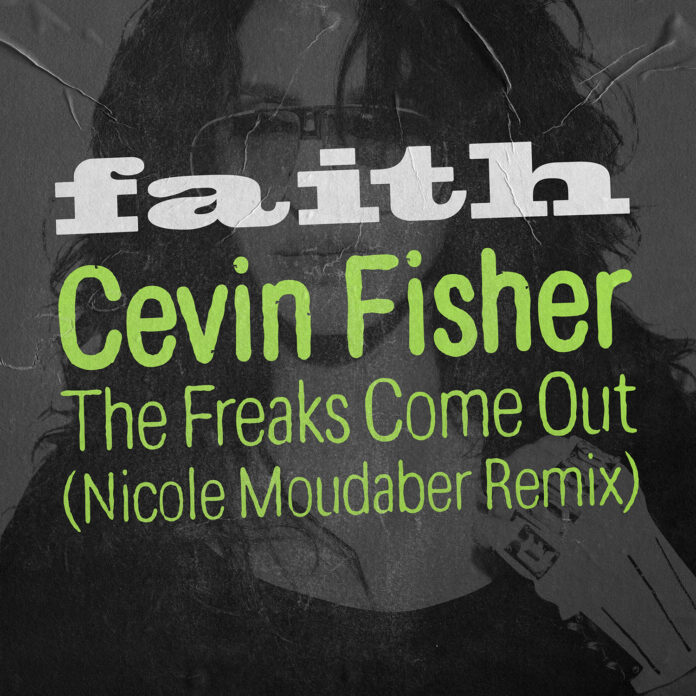UK politicians demand a change in royalties for musicians
The genesis of electronic music can be traced back to the 1970s and the disco scene that emerged during that time. But when it comes to key contributors the list of artists and musicians is wide and eclectic. Through a mix of artists and key electronic devices like the synthesizer player, electronic music emerged. Germany’s Kraftwerk, Italy’s Giorgio Moroder and Britain’s Depeche Mode would go on to fully exploit the genre along with many others, but what about the current and modern climate of electronic music? Nowadays the internet is the domain of all music and while it has birthed an environment ripe for electronic music, it hasn’t levelled the playing fields.
The royalties system that exists through the various streaming platforms that dominate the industry is murky, is without a streamlined process and quite frankly leaves many electronic musicians with little to show for their efforts. Many have gone into self-publishing as a means to get better royalties than those offered by the big music companies, namely Universal, Sony and Warner. But now, after years of no clear or definitive vision for fair or proper pay channels, UK politicians are speaking up for artists and demanding that there be a restructuring of the current situation to ensure fair pay for artists.
The streaming controversy
As streaming has grown to become the most common way in which people listen to music these days, investments and shares in record labels have not declined with some music businesses emerging in recent times to simply buy the rights to the works of other artists. This type of music investing has become a lot more prevalent. The big streamers to have emerged in the last few years are Google Music, Apple Music, Deezer, Tidal, and of course Spotify. It should be noted that these are just some of the big players. The problem facing artists is that streaming uses more complex models than those that dictate traditional music sales – already itself a complex process. Throw in the fact that not all streaming platforms use the same model and you have a murky and uneven revenue system.
YouTube for instance and for the longest time has not paid rights holders based on views, but has instead paid for views and clicks associated with the adverts that accompany each viewing, and lets face it, the majority of viewers/listeners have no interest in clicking on those ads. This type of model has created tremendous dissent within the music industry as pays are only awarded if the ads get clicked on and doesn’t take into account the amount of views the song actually gets, which is what the user is there for in the first place. As it stands, the profits from streaming are whimsical, with even major artists like Ed Sheeran voicing his discontent. So what are UK politicians proposing?
How are EDM artists making their money?
The plight of electronic musicians isn’t dire, and artists have continued to make money from their music through various ways and means. Some have elected to sell their music to streaming services – the remuneration is dependent on the nature of the contract – while others have gotten into song-writing and producing for other acts. Those really lucky have been able to bag big pop stars. One of the biggest revenue streams for electronic musicians is DJ’ing and going on the road remains one of the best ways to cream it. Then of course there are residencies at clubs and certain venues, which can lead to very comfy living.
One need just look at the residencies enjoyed by big names like deadmau5, Afrojack and Tiesto in Las Vegas. Merchandise provides yet another revenue stream for many EDM artists with many recouping the losses of piracy and streaming through hats, t-shirts and even stickers. Others who have made names for themselves through touring or residencies have also lent their names to endorsement deals. Some EDM artists have started their own record labels, others have focused solely on licensing and publishing, and some have branched off into business ventures.
What are MPs recommending?
In essence, MPs are calling for a complete reset of the market that will result in musicians receiving a fair share of the £736.5 million that UK record labels earn from streaming. In a report that took 6 months to compile, MPs have stated that a 50/50 system should be established versus the current one that rewards musicians with roughly 16% in returns. The report went on to state that while streaming had saved the industry from years of piracy, the playing field are nowhere near even. Thus, MPs have recommended that the government implement legislation that will allow for both labels and artists to receive equal remuneration from streaming royalties.
MPs voiced their concerns over the dominance of the major music companies, urging government to refer the matter to the Competition and Markets Authority. Additional concerns raised revolved round musician and songwriters being allowed to reclaim the rights to their work after a set elapsed time, contract adjustments based on successful work, government strategies for artists receiving minimal royalties, curators on big streaming platforms like Spotify and Apple Music adhering to a code of conduct to avoid bribes, and publishers keeping artists informed about the amount of money coming into their system.


